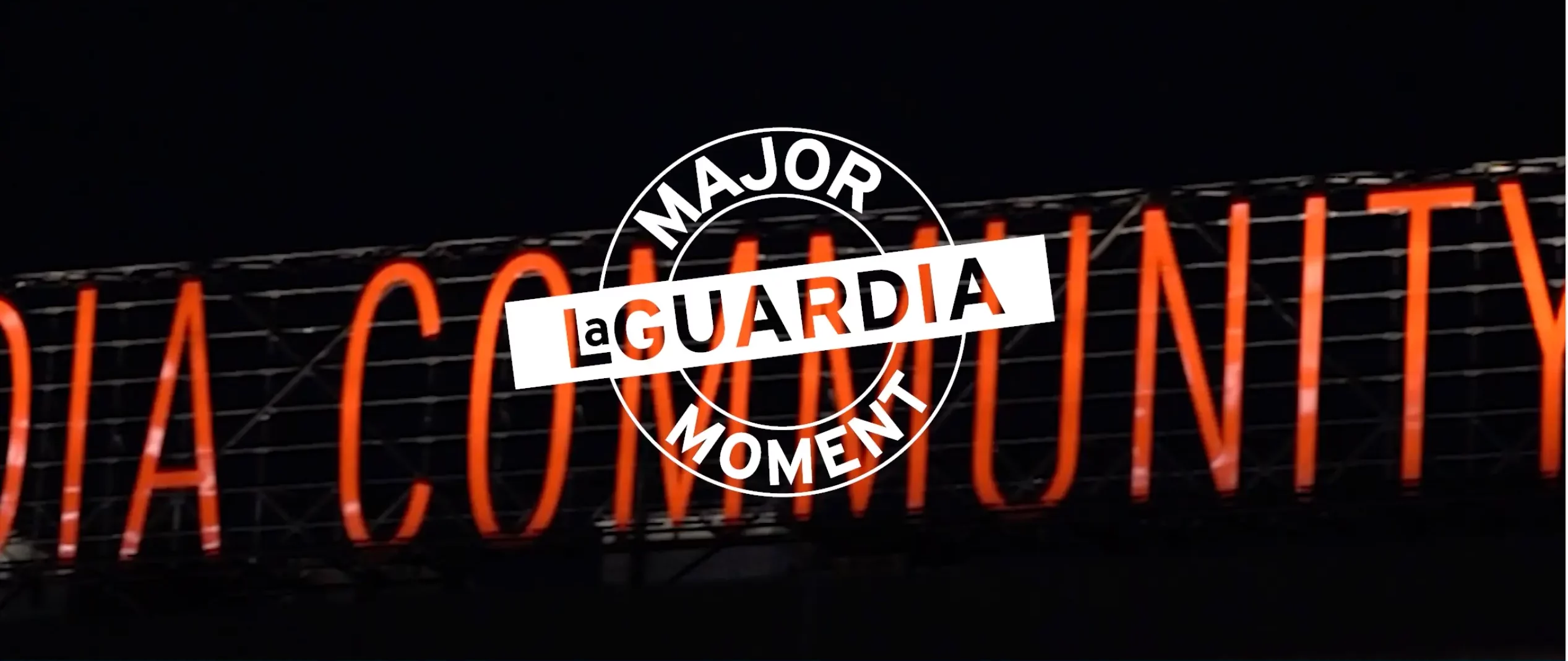Weather Update
Tues. January 27: LaGuardia’s Buildings will be Open, In-Person Classes & Services Resume; More Info
Room: E-Building, E-300
Phone: (718) 482-5110
About
This major prepares students to manage the preparation, service, safety and the business aspect of commercial food via the Culinary Management option. The Nutrition option focuses how food choices can impact health and wellbeing as well as the use of food to manage disease.
A. REQUIRED CORE: 12 credits
English: 6 credits
Mathematics: 3 credits
Select one course from the following:
Life and Physical Sciences: 3 credits
Select one course from the following:
B. FLEXIBLE CORE: 9 credits
Select three courses from the following categories. Select only one course per category:
To complete degree requirements from the Flexible Core, students are advised to select courses from the recommended course selections listed on the program website. SCD206 has a prerequisite of SSY101. SSY101 should be taken under Scientific World.
| Courses | Credits |
|---|---|
| Health Sciences: 27 credits | |
| HSF090 First Year Seminar for Health Sciences | 0 |
| SCD107 Careers in Nutrition and Culinary Management | 1 |
| SCD114 Culinary Arts I | 3 |
| SCD200 Introductory Nutrition | 3 |
| SCD214 Culinary Arts II | 3 |
| SCN240 Food and Culture | 3 |
| SCD250 Menu Planning and Production | 3 |
| SCD251 Principles of Sanitation | 2 |
| SCD252 Principles of Purchasing | 3 |
| SCD253 Culinary Management | 3 |
| SCD266 Nutrition and Culinary Management Internship | 3 |
| CULINARY MANAGEMENT OPTION: 12 CREDITS | |
| BTA111 Principles of Accounting I | 3 |
| BTM101 Introduction to Business | 3 |
| BTT212* Customer Sales and Service | 3 |
| BTT223* Meeting and Event Planning | 3 |
Degree Map
| Semester 1 Courses | Semester 1 To-Do Items |
|---|---|
|
|
| Semester 2 Courses | Semester 2 To-Do Items |
|---|---|
|
| Semester 3 Courses | Semester 3 To-Do Items |
|---|---|
|
|
| Semester 4 Courses | Semester 4 To-Do Items |
|---|---|
|
|
Register for Intent to Graduate (GRD-OOO) in your final semester.
All students must take an Urban Study course to graduate.
Notes:
For Students Starting in Spring: SCD107 and SCD251 are only available in the Fall II session. In Spring II, you can take SCN240, ENG102, or a Flexible Core course instead. If you start in the Spring, you must take SCD107 and SCD251 in the next Fall II session.
Math Required Core: Students are advised to take either MAT115/117 Algebra & Trigonometry or MAT120/119 Statistics. The following list shows the requirements at popular transfer colleges and programs: 1) Brooklyn College programs: Pre-calculus required; 2) City Tech Hospitality Management: Statistics required; 3) Hunter College: Statistics required; 4) Lehman College: both Algebra & Trigonometry and Statistics required; 5) Queens College: Nutrition and Dietetics or Exercise Science: Statistics Lab and Methods required | Food Management: Any math
See the full curriculum here.

Career Possibilities
*Effective January 1, 2024, the minimum degree requirement for eligibility to take the registration examination for dietitians will change from a bachelor’s degree to a graduate degree.
Transfer Possibilities
This major is intended for students who wish to immediately enter the workforce. Associate of Applied Science degrees are still transferable, although less credits may transfer. Speak to an advisor for more information.
Additional Information
Nutrition & Culinary Management: Culinary option Information Sheet
Are You Interested In...
Skills You Will Learn
What makes this major unique?
This major heavily focuses on food that includes the preparation of food along with the science and safety aspects of serving food in large quantities such as in hospitals, cafeterias, restaurants, etc. This major also focuses on how food nourishes the body including healthy food choices to prevent illness but also promoting food choices to manage illnesses such as heart disease, diabetes, etc.